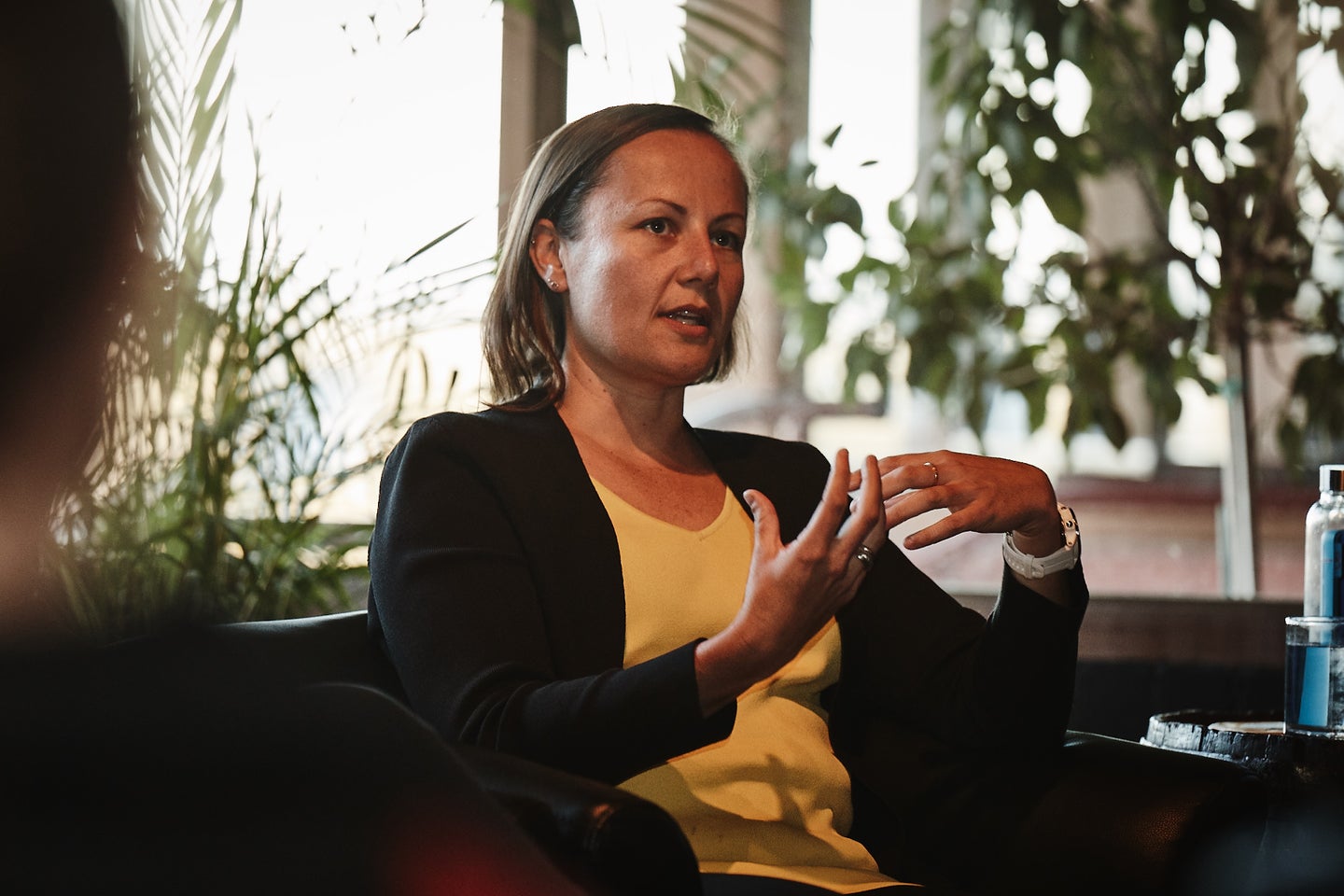5 Questions with Kirstin Hunter, Managing Director of Techstars Tech Central Sydney powered by the NSW Government
Feb 13, 2023

Kirstin describes herself as a reformed lawyer, reformed management consultant, co-founder and experienced executive in high-growth tech businesses. She is a strategic operator who has worked for some of Australia’s largest businesses right down to fledgling pre-product companies (and everything in between!) Kirstin’s passion is for purpose-driven start-ups (which she adamantly believes have the power to reshape the global economy) and their founders (who are ambitious enough to try).
Applications for the inaugural Sydney accelerator close on April 5, click here for more information or to apply.
What are you looking for in startups for the Sydney Accelerator?
The Sydney accelerator is “industry agnostic” - which means we’re looking for emerging technologies across ALL industries rather than seeking ideas that fit a particular niche.
So instead of industry, when we’re selecting startups for the Sydney Accelerator we’re going to be looking at people, product and potential impact.
For people, I’m talking about Founders and their team: how have they arrived at this problem, and what makes them burn to solve it? Do they have a great team behind them (or do I believe that they have the capacity to build one?) Do they have the capacity to take feedback and pivot when / if they need to? What is their background - and in particular, do they come from parts of the community who are typically under-represented in mainstream start-up culture (will they bring diverse perspectives / problems / ideas that make our whole cohort stronger)?
For problem, I am looking to understand the potential users (i.e. those who have the problem), whether the Founders’ idea solves a real and pressing need? Is this a currently unsolved need, or is it a better solution to an existing need that is only being partially met? How well do the Founders understand this need and how close are they to their customers? What is the Founders’ vision for the future (10 years +) and how does their potential solution to the problem factor into this? Can they tell a compelling story about their problem and its solution?
For potential impact, I’m looking both at the impact on people and planet (Does the solution make users’ lives better? How will it be impacted by global moves to net zero carbon economies?) as well as the potential impact on the market: How will the Founders’ solution to their identified problem change the existing market, or shape new markets? Will the solution work with existing tailwinds, or will they be facing headwinds? How are the other players positioned in this space and what’s our Founders’ point of difference?
What are some of the biggest learnings from your career and entrepreneurial journey that you bring to being a Techstars MD?
One of the great things about my weird career history (medical student, lawyer, management consultant, founder) is that I’ve seen the inside of so many different companies of so many different sizes. This has given me a great sense for what’s important and different stages of a company’s growth - when to let a fire smolder vs when to take action to put it out. It also means I’ve seen how companies work at massive scale (for better and for worse!) which helps me to see a pathway through each stage of a start-up company’s growing pains.
Another big learning is that any business is just a social construct - how you think about people goes a long way to influencing your likelihood of success. Examples of this include how you foster a healthy co-founder relationship, how you hire, motivate and manage your key team members, how you structure your organisation as you grow, and how you think about your customers and their needs. “People problems” are often the stickiest problems founders must solve, and yet they are so often overlooked in pursuit of growth metrics.
Lastly, as a former co-founder myself, I deeply understand how hard this journey can be, particularly if you want to maintain a life outside of your company. When your work IS your passion, finding balance can be difficult - but this is one of the most essential skills for founders to master, and one that I’ve spent a lot of time reflecting on and applying to my own career.
What is your favorite thing about the Sydney and Australian startup scene?
Sydney is a very close-knit start-up community, with a real “cheerleader” spirit, even amongst companies who are operating in a similar space who might even be competitors. Because we’re a small market, anyone you could possibly want to speak to is only one or two connections away; and because we’re still young as an overall ecosystem, the level of generosity and support that you get when you reach out is incredible!
I must admit that there is a darker side of this though, which is that at times we are too nice (holding back on giving feedback that founders and teams need to hear) and we certainly have limited diversity (that comes from the “who you know” way of operating). But I also love that we have strong thought leaders within our start-up scene who are calling out these challenges - this is the first step to making progress against them as our ecosystem matures.
What does the NSW Government bring to the accelerator?
The NSW Government is committed to making Sydney a major hub not just of the Australian start-up scene, but within the Asia-Pacific region. We have a lot of things going for us in Sydney - great climate, Australia’s largest urban population, the headquarters of some of our largest companies as well as Australia’s two most successful and most well-known tech unicorns (Atlassian and Canva). The NSW Government’s strategy to turbocharge Sydney’s innovation ecosystem takes these assets and turns them into competitive advantages designed to attract and retain the most ambitious entrepreneurs and build a truly world-class innovation ecosystem.
Purpose-led business, and particularly climate action through business, has been a theme of your career so far. How will this inform your role as Managing Director?
My interest in the impact of business on people and the planet is informed as much by economics as it is by ethics.
When you look at the biggest business success stories from the last 50-100 years, their success is largely underpinned by unsustainable use of resources (both human and environmental resources). This has directly contributed to the major issues we are facing across the world today: climate change, biodiversity loss, inequality, poverty… the list goes on.
The generational businesses of the future will not have the luxury of being able to drain human and environmental resources in order to fuel their growth. Instead, the successful businesses of the future will need to be built in a way that is mindful of their impact on people and planet so that they can generate sustainable profits for the long term. They will also need to build products that solve genuine human needs in order to sustain and grow their customer base for the long term.
It’s an exciting time in history right now - with major threats come major opportunities, and the start-ups who can capture these opportunities will re-write the rules of how business operates globally.

